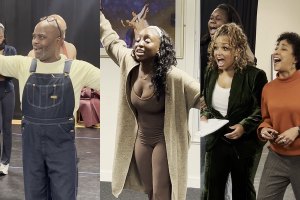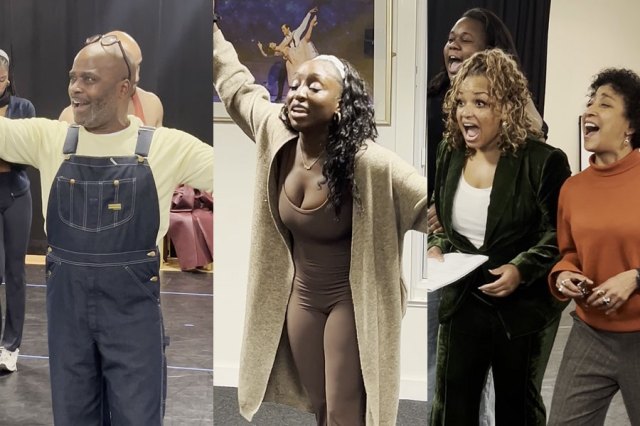Becoming an Actor: A degree in pretending
As I write this I’m sitting on a train on my way back to London in anticipation of starting my final term at drama school. My final term. The last one. In three months I will be out of formal education for the first time in seventeen years. Question is, what have I learnt, and how well have I learnt it?
My little sister often teases, from high above within the safety of her Masters in astrophysics, that I’ve done a degree in “pretending” – though I can say with some certainty, along side a little self induced doubt, that Madeleine is teasing, there is always a worry that the rest of the world won’t be. Does three years at drama school equate only to pretending?
Short answer is no. It equates to a whole range of things from flamenco dancing through stage combat and often including some acting. But with time in the warm arms of education beginning to dwindle, and with the foreknowledge that the majority of the people on my degree course won’t be acting forever, it does raise the question of what applicable skills I’ve learnt to take into the real world of suits and desks and anxiously sipped lattes… and what if I only get a third? In pretending.
It’s always fascinated me, and I can’t speak for all drama schools here, that we’re so actively encouraged not to keep an eye on how we’re progressing through our degree. Throughout the three years were constantly being assessed, but we’re never told how we’re doing – or at least not quantitatively. We get a hugely amount of qualitative feedback, both in rehearsal rooms, through tutorials and in our term reports but numerical and alphabetical grading is deemed detrimental to our creative learning.
It’s not difficult to see why this is the case after years of target hitting at secondary school. The drama school process of learning focuses attention onto your individual development, rather than comparing it to other peoples. This individuality is encouraged further by the fact that we’re not squashed into a box of generic statements about our learning written by a central examining body… or if we are, we’re never told. It took me a little while to get used to, but I believe it’s the right approach for my course.
Therein lies the problem: it’s the right approach for my course – not necessarily for the wider work place. I might’ve really developed my flamenco over the three years, but if my natural abilities (or lack of) outweigh my enthusiasm (or lack of) then it’ll be a third class honours coming my way, which is, if we’re honest, the first thing people look at on a CV.
You might argue that my flamenco would be getting me a third if I’d known about it a year ago or not – and, if we’re being honest about my skill with a pair of castanets, you’d probably be right. But, you might not be. I did quite well at school because I was always being graded; there is very little difference between a very high B and a very low A in qualitative terms, but numerically there is a very clear divide in the marks. This is so you know when you’re a B and when you’re an A, because at the end of the day it’s a B or an A that people look at.
And so it is, I assume, with degrees. There might be little differentiation between the description of a high third and a low two-two, but at some point there’s a cut off and you should know which side of the cut off you’re on because you could do something about it.
“What does it matter?!” I can hear my teachers shouting, encouragingly, “you’re never going to be given a part based upon your degree! Only on you’re acting!” (or your celebrity status – but that’s another issue). Which is true and fine and lovely if you know you’re definitely going to be employed as an actor for the rest of your life. Most of us won’t be. Even the more successful will have periods of ‘resting’. It’s at this point your degree becomes more important in being able to pay your bills.
There is probably some sort of balance to be found. Or maybe I’ve still got the wrong end of the stick. Still, I’ve got another term to work it out!












